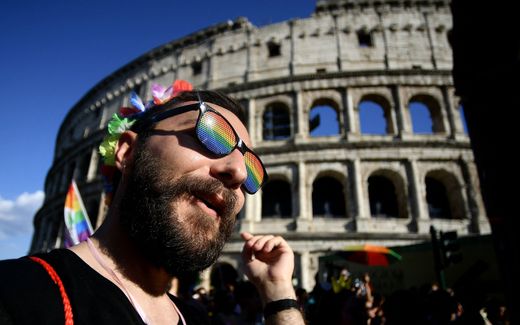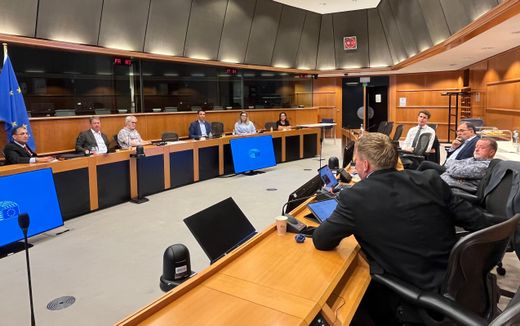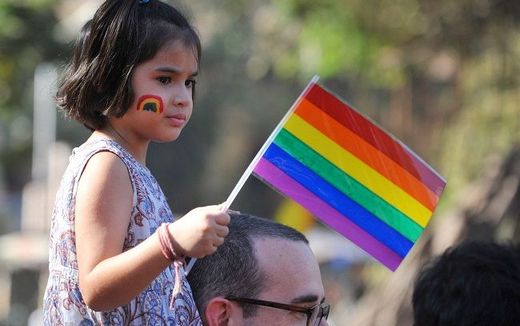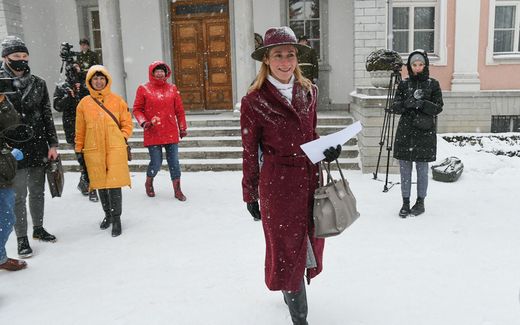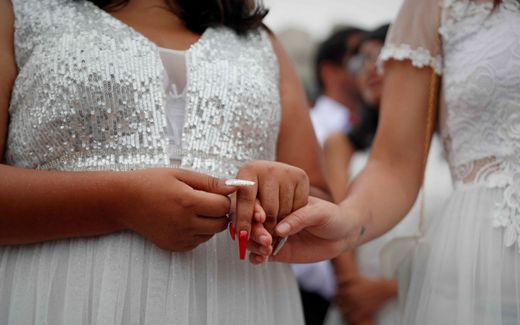Study: LGBT support is waning in the Western world

"The suspicion arises that support for LGBT demands that go beyond non-discrimination falls the more controversially they are discussed." Photo AFP, Engin Guneysu
European Union
Support for the LGBT community is waning in the Western world. In particular, trans activism seems to arouse aversion.
Although the LGBT community can count on a lot of public and political sympathy, support for this minority group seems to be declining. So says research firm Ipsos after a study in more than 30, mostly Western, countries. Although most people in the countries surveyed still support same-sex marriage, that support has remained stable or even shrunk over the past two years.
People are generally more positive about gay couples raising children, but similar patterns can be discerned there too. The only countries surveyed where a majority is against the practice are Poland, Turkey, Romania and South Korea. Over the past two years, support for this practice received significantly less support in countries such as the United States, the Netherlands and Sweden.
For the first time, respondents were asked about their attitude towards the concerns of trans people. The results are most notable in Great Britain and the USA, where the social debate about "trans rights" has been escalating for a long time. However, the minority among trans people who dominate the media image has apparently overstepped the mark with their aggressive demeanour: in Great Britain and the USA, only 40 per cent are in favour of trans people being allowed to use the toilets, changing rooms and saunas of their desired gender.
According to the German Catholic newspaper Die Tagespost, the LGBT revolution is eating its children "when lesbians who refuse sexual contact with trans women –biological men– are considered transphobic, and when transsexuals, gay or lesbian people who simply want to live in peace, are reduced to their sexuality and forced to make a permanent statement."
The newspaper acknowledges that there should be some caution in interpreting the parameters given. Still, according to the newspaper, "the suspicion arises that support for LGBT demands that go beyond non-discrimination falls the more controversially they are discussed." See, for example, the discussions around drag queens reading to children or hormone therapy for minors.
"One can hope", the newspaper concludes, "and the study can also be interpreted in this way, that an open controversy, despite its lack of rationality, ultimately leads to more reason in political decisions."
Related Articles


